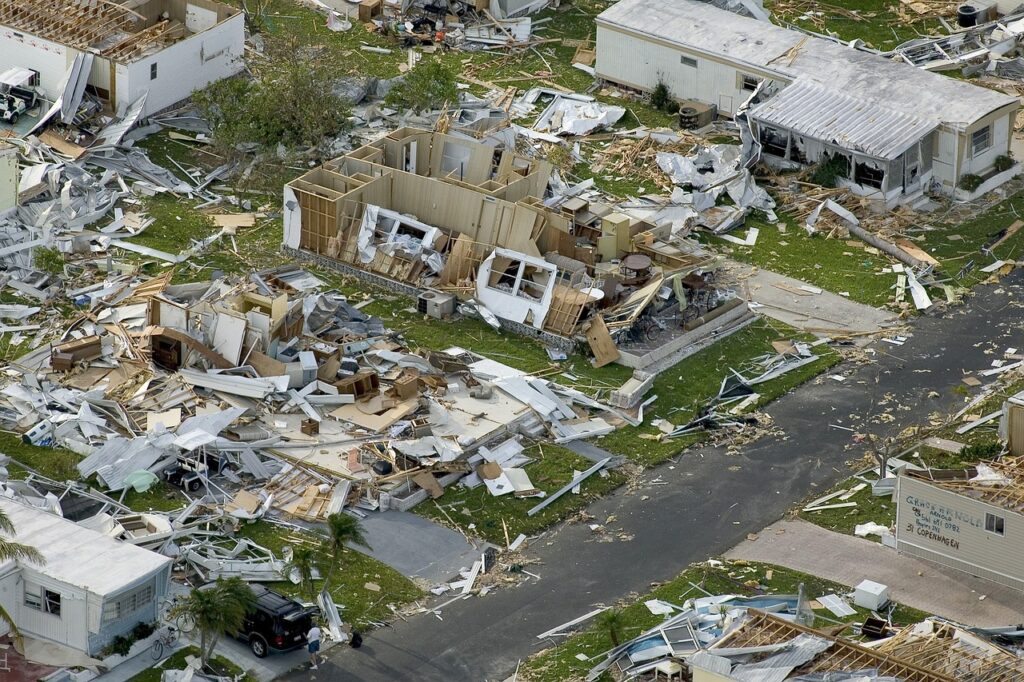Anyone who took journalism in school was taught about the Five W’s. Anyone who knows anything about what journalism should also know about the Five W’s.
Today, however, it appears there are Six W’s.
Apparently journalists are not taught about them the way they used to be nor in any way that resembles what it should be.
Who… What… When… Where… Why (and occasionally How).
If a journalist sticks to these 5 rules while on assignment and investigating a story, they will come back with facts that readers can consume.

While I was in journalism class, we were also told to give our stories some flare. Here is where some of the trouble began.
The stories I turned in contained the 5 W’s but not enough flare; not enough interest was generated when reading my assignment. In other words, it was boring.
Back then it was hard for me to grasp the concept of writing a news article with just facts while also writing it in a way that created interest. I just didn’t get it because in my eyes generating that kind of interest required imagination and embellishment I didn’t quite have yet.
So here we are in 2023 and anything boring is considered a death signature for the career of a journalist. If you can’t generate a name for yourself that stands out over and above your story, you’re just another nobody that no one want to know.
There are some news organizations that have been caught telling their reporters to generate stories or focus on certain types of stories or just certain individuals. That’s okay if you’re truthful about your purpose as said organization.
If, however, you are advertising your organization as a news organization that reports all news regardless of who it’s about, well then… you better not get caught telling journalists they can only focus on certain things while ignoring others.
Here in lies the problem; we are desensitized to the normal, everyday event which isn’t a big deal except we are now desensitized to some of the most horrendous events. There’s so much sensationalism in reporting that we just don’t care. I’ve read headline after headline that should have shocked me but meant nothing more than the weather.
Why is that? A picture like this should create an emotion of tragedy and sympathy; maybe even a desire to help and the will to do it.

One reason for the lack of give-a-damn is that when I do happen to get into the article, I often find that the event that actually took place is nothing like the headline. It’s misleading; it’s click-bait.
This picture could read “Hurricane wipes out family home” but when I click to read it, the article may end up being a clever way to create a need for insurance with the article coincidentally containing a handy-dandy phone number for my convenience. It may indeed speak of a tragic event, but the way it’s written leave me not caring.
Another reason is so many people are reporting the same thing in a more sensational way to get over the heads of other reporting the same thing. They must be louder, bolder, slap my face harder!
One more reason… they are no longer trustworthy. How many times have you read or heard a report just to find out later that it wasn’t true, or it was exaggerated? How many times have you heard a pundit take a normal subject and blow it out of proportion while claiming to be a journalist.
Pundits are not journalists, but many journalists are acting like pundits.
What is the sixth W, I hear you ask. Here is what I’ve come up with and just to be clear, I wrote this down on a pad of paper a number of years ago and it sadly has not gotten better with time; it’s actually much, much worse.
Who… What… Where… When… Why… and…





